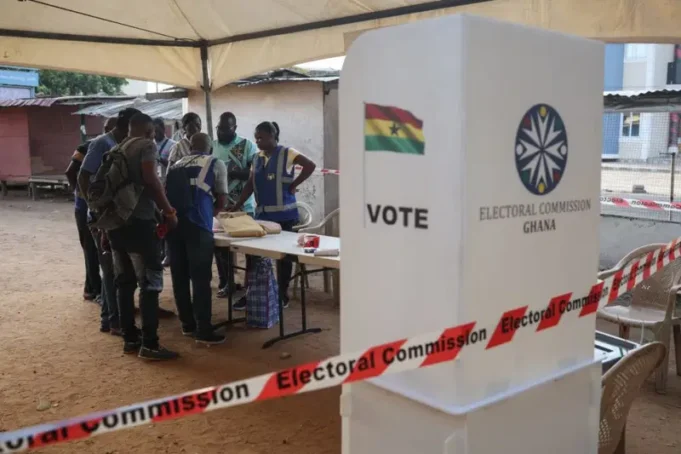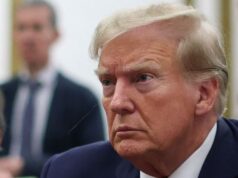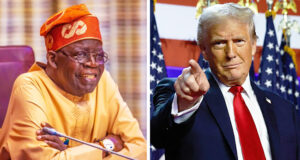Voting began on Saturday in Ghana’s presidential election, where Vice President Mahamudu Bawumia and former President John Mahama are facing off in a highly competitive race.
The country’s struggling economy, which has endured a debt default, soaring inflation, and a $3 billion IMF bailout, has become the focal point of the election.
Ghanaians are selecting a new president to succeed Nana Akufo-Addo, who is stepping down after serving two terms, as well as electing a new parliament.
Polls opened at 0700 GMT and will close at 1700 GMT, with early results expected by Sunday and full presidential election results by Tuesday.
At a polling station in Accra, retired policeman James Nsiah, reflecting the concerns of many voters, said, “The cost of living is high. We want to vote for change, the economic situation is very hard.”
To ensure the integrity of the vote, Ghana’s government announced the temporary closure of all land borders from Friday night until Sunday.
Ghana’s two main political parties—the New Patriotic Party (NPP), currently in power, and the opposition National Democratic Congress (NDC)—have alternated leadership almost evenly since 1992.
The NPP hopes to secure an unprecedented third term with Bawumia at the helm, under the campaign slogan “Break the 8.”
However, Bawumia has struggled to distance himself from criticism of the current administration’s economic performance.
“I know what I want to do from day one in the presidency. Give me the chance to transform this nation,” Bawumia said at a rally in Accra.
A trained economist educated in the UK, he highlights the economic recovery, with inflation down from more than 50% to around 23%, alongside government initiatives in digitalization, free education, and health programs.
Despite some improvements, many Ghanaians still struggle with high living costs, unemployment, and a depreciating currency.
This economic frustration has fueled the challenge from Mahama, who served as president from 2012 to 2017.
Mahama, who has run for president twice since then, promises to “reset” Ghana’s economy with plans like introducing a “24-hour economy” to increase industrial output and create jobs, while renegotiating parts of the IMF deal.
Though Mahama has some momentum due to dissatisfaction with the NPP’s handling of the economy, his presidency faced criticism for financial instability and power shortages.
Both major candidates hail from northern Ghana, traditionally a stronghold of the NDC, making the region a crucial battleground in the election.
In addition to economic concerns, Ghana faces growing security threats in its northern regions due to jihadist activities spilling over from neighboring Niger and Burkina Faso.
Illegal gold mining, which has worsened under Akufo-Addo’s administration despite promises to curb it, also remains a key issue, damaging the environment and threatening the cocoa industry, a major export.

















